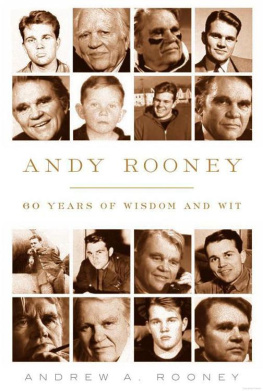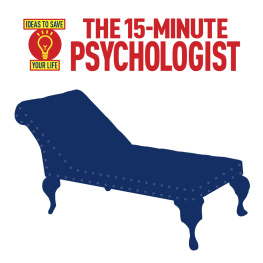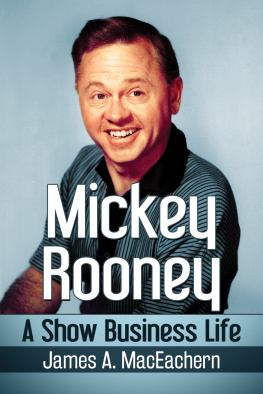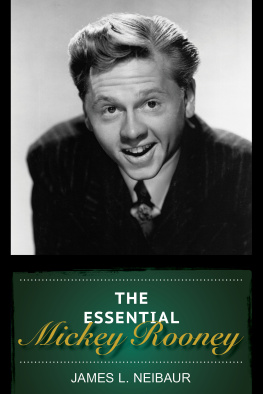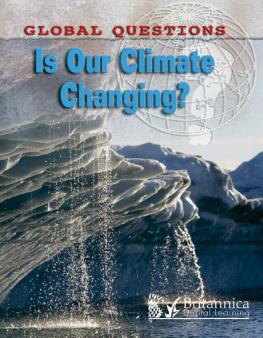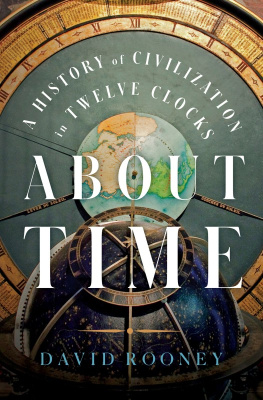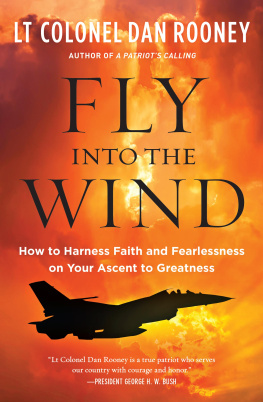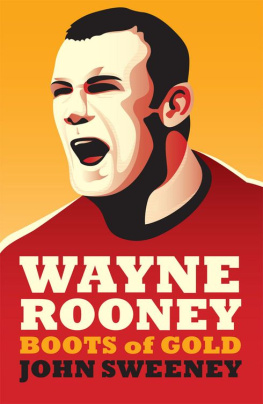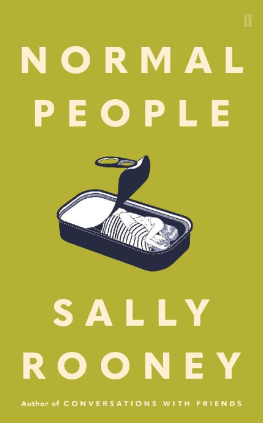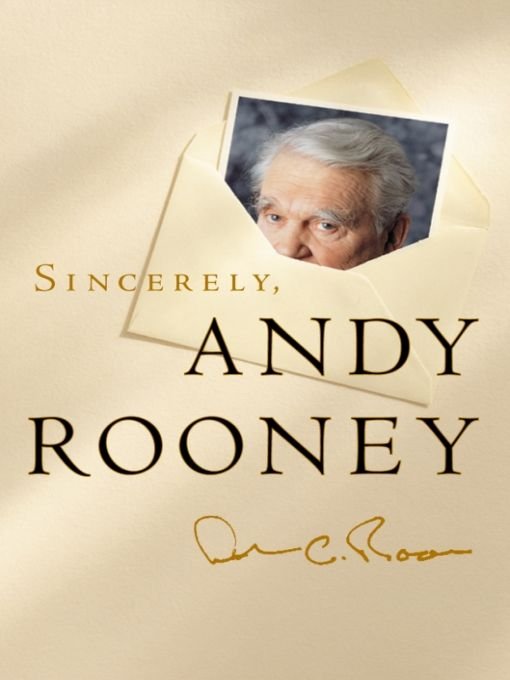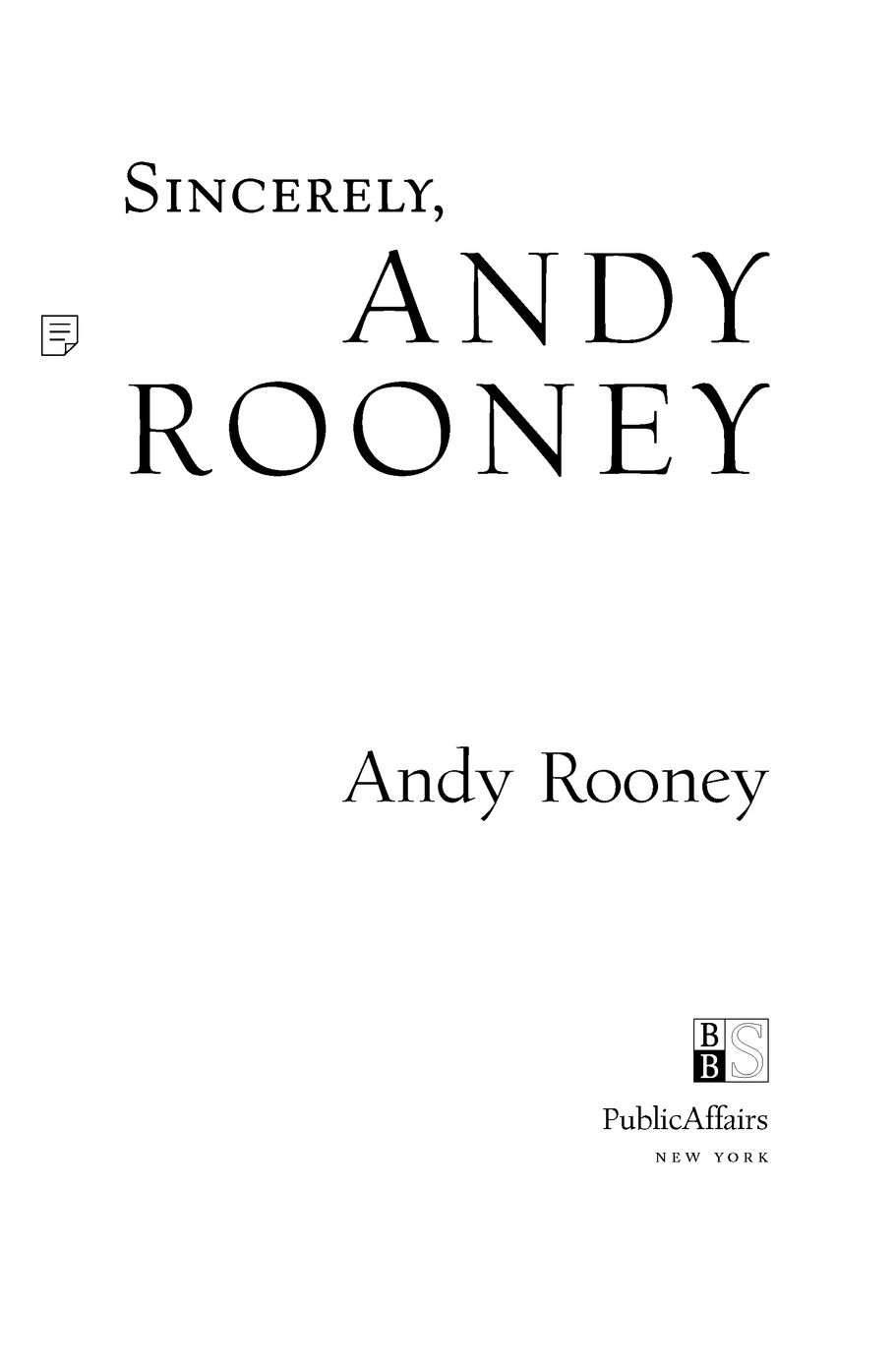Table of Contents
PREFACE
ONE OF THE GOOD THINGS in life is getting a personal letter. Not many come in the mail anymore. Theyve been replaced by the telephone, the form letter and now, email. Too bad. There are not many little pleasures better than going to the mailbox and finding a real letter from a friend.
Most of the letters in this book were written in response to ones sent to me by readers or viewers who liked, disliked or had a comment to make about something I wrote in my newspaper column or said on television. Others are friendly letters to friends, angry letters to government functionaries or representatives of a business with which Ive had some dealingusually an unsatisfactory one.
There are a lot of letters having to do with my work as a writer for newspapers, magazines and television. I have worked for every president CBS News ever had.
While it was not my intention when I started this, I realized halfway through that I was writingor assemblinga sort of striated autobiography. Theres a lot of my life in this book but I say striated because there are whole strains of it that dont come up here because I never wrote letters about them. Still, a great many of the thoughts Ive ever had about almost everything come up somewhere in a letter I wrote. Theyre here.
You dont need a detailed chronicle of events in a persons life to know almost everything about him. The smallest things we do often give away our whole character. We cant get away from being ourselves or sounding like ourselves all day long, all life long. Whatever we do, we do it the same way we did the last thing we did. The same things keep happening, good and bad, to the same people all their lives because of what they are like and how they do things.
After reading some of the letters Ive written, I think less of myself than I did before. I have frequently been dumb, sometimes unnecessarily nasty or negative. Reading these letters, Ive been an unpleasant surprise to myself sometimes and may be to you. On the other hand, if I dont come off as nice, I sound basically decent and, as far as my intellect goes, intellectually honest.
In my own view of myself, I am normal beyond the ability of anyone who knows me only as a public figure to believe. I am a middle-of-the-road, average, everyday American. Im so normal and average (and normal, average people are so rare) that Im practically one of a kind.
My life has divided itself into five major sectionschildhood, school and college, World War II, marriage and a family and my work as a writer. I have a big appetite for both food and life and each of those divisions has been so satiating that I could not say which of them has been best, happiest or most satisfying. They have all been those things.
This book often concerns itself with things that came about as a result of my work as a writer, including those parts of my writing I did as a reporter for the Army newspaper, The Stars and Stripes, between 1942 and 1945. That war was an incredible experience, many of the details of which wont go away. Sometimes I cant keep myself from repeating them even though I know that people who werent there may be bored by them. I wrote hundreds of articles for the paper and almost daily I receive mail from someone who has been rummaging around the attic and came on a story I wrote about him or his unit. He wants to share it with me.
My childhood and youth was ecstatically happy. Ive often thought I might have been a better writer if I had lived a tortured, miserably unhappy early life but I didnt and I havent said much about that here.
Considering what a major part of my life my family has been, it doesnt come up much, either. You dont write letters to people you see every day.
A person is much less guarded about what he writes in a letter than what he says in public and there are a lot of unguarded comments Ive made in these letters. There are some little bombs that may go off and Im not sure which letters will cause the explosions. Im doing this anywayputting the letters in print anywaybecause its satisfying fun.
Over the years, on television and in articles for print, I have curbed myself from writing and saying some of the things that are in these letters. You have to choose your causes in public because you cant fight a battle on every front. My manner of dress is an example of that. I dont like neckties but I wear a necktie because Im not interested in taking a stand there. Neckties are not a battle I want to fight. It often saves time to blend in with the crowd. I have never said much about religion or even politics because I wanted to blend in but I do say things about both of them here.
All the letters in this book were written by me. When someone writes a letter, the words remain the property of the person who put them down on paper. The paper itself belongs to the person the letter was sent to. For this reason, and because I have no interest in being really fair, I have not included letters written by anyone else in this book. Joyce Maynard sold the fourteen love letters written to her by the reclusive J.D. Salinger but, while she could sell the paper they were written on, she could not have included Salingers words to her in a book without his permission.
Having almost no words but my own in the book gives me an advantage over the letter writers. I always win because there is no rebuttal and, except occasionally where I have paraphrased their point as an introduction to my own letter, they dont even get to present their original argument. My position is Let them write their own book.
I have taken liberties with some of my original letters, editing many of them and even making a few word changes where it should have been said better or quicker in the first place. For an example, I often begin a letter with something like Thank you for writing or I enjoyed your good letter. I took all of those out. I edited out whole paragraphs where they were too personal and had nothing to do with the basic point of the letter.
Saving a copy of a letter youve written is not a sign of humility but in most cases the letters I wrote and saved copies of were not so much ego as accident, the efficiency of an assistant or a matter of technology. Jane Bradford worked with me for years and she kept the original letters sent to me and copies of the ones I wrote in reply. After about 1989, when I started using a computer full time, I automatically stored away the letters I wrote on my hard drive. Susan Bieber, who works with me, did a lot of sorting things out.
I have removed such unnecessary details as dates, addresses and formal closings to my letters where they have no bearing on the content. The names of some of the people I wrote to are often without any further identification because I dont have any and where dates were of no significance, Ive left those out.
Geoff Shandler is no doubt handsomely paid as chief among editors at PublicAffairs but I thank him in addition for his good work and for throwing out some letters I liked. Kate Darnton threw out some letters I liked, too. When anyone edited anything that Fred Allen wrote, he said Where were they when the paper was blank?
Peter Osnos, the publisher at PublicAffairs, decided to do this book but you dont thank publishers because it can only make things worse.
PART ONE
My Government, My Money


